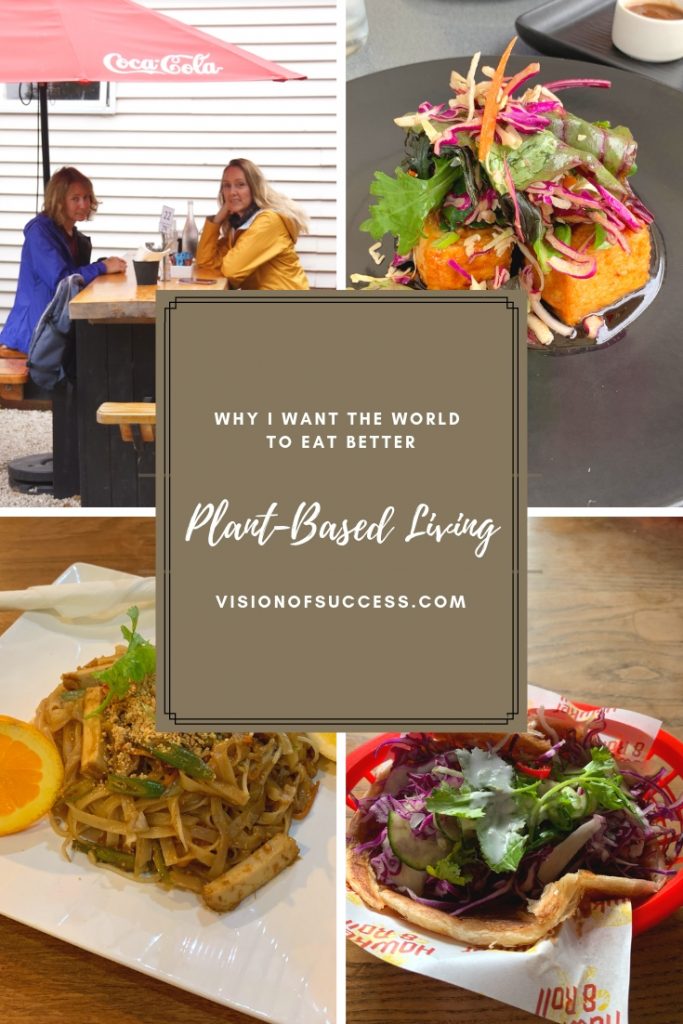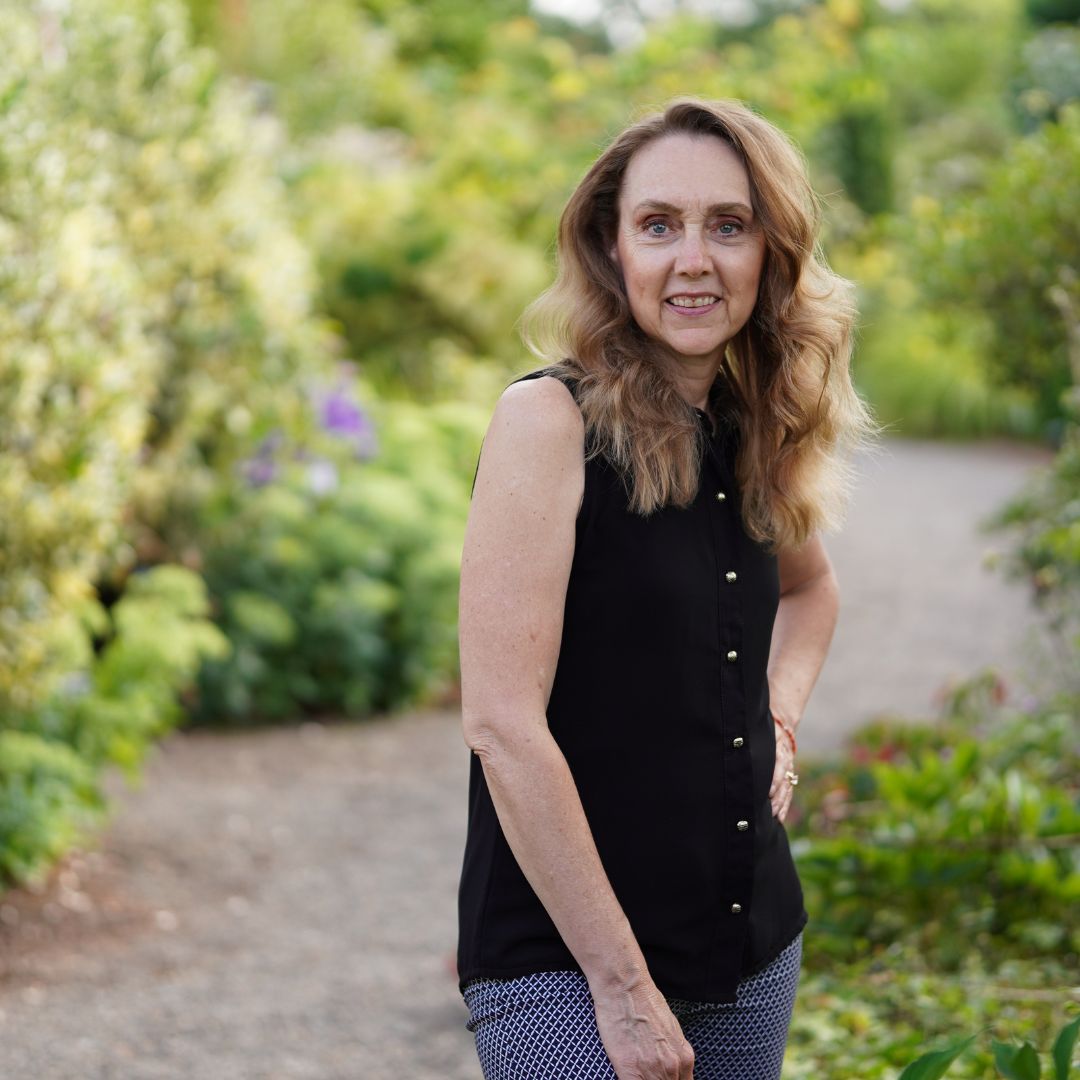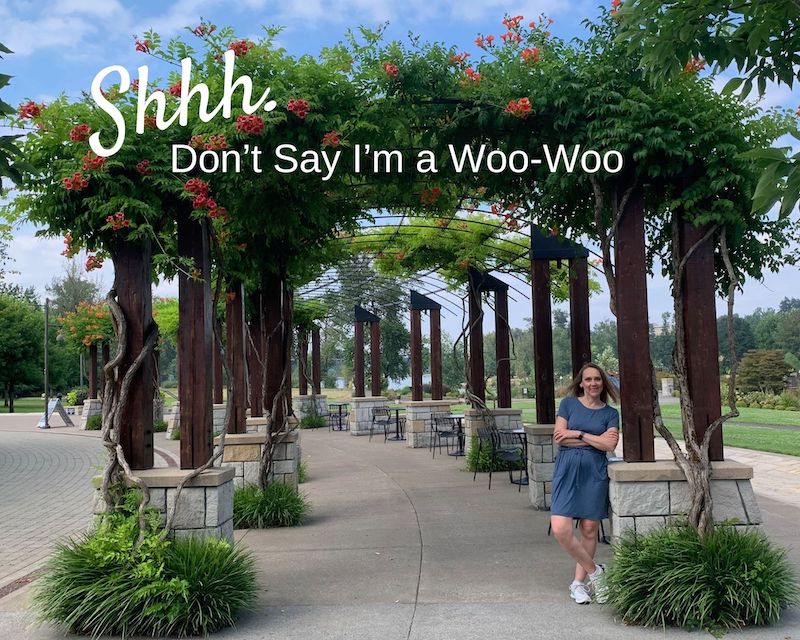I was reading a book the other day. Nothing big – just a sappy romance. I was sick, in the throes of the worst cold I’ve had in ages. My ears were clogged. I couldn’t quit coughing. All I wanted was the couch, a snuggly blanket, a warm mug of tea, and a good read to escape for a moment.
So I bought the latest romance from an author I’d read many times before. I like her style. I downloaded it and started reading.
It was a romance – the storyline was predictable. Boy and girl meet. Boy and girl are in love with other people. Their lives intertwined over the course of a few years until suddenly, they’re both single, and they realize they are “it” for each other.
They meet up about midway through the book at a wedding. They introduce each other to their respective dates. They even sit at the same table, side by side, “catching up” between them as their dates look on.
Somewhere in the conversation, the guy becomes annoyed at his date’s vegan habits. And a back and forth conversation starts about how “awful” her eating habits are. All she eats is rabbit food, he whines. The two main characters secretly giggled about wanting to dive into a big hunk of meat.
***
This isn’t new. For some reason, I’m noticing a lot more books “making fun” of plant-based lifestyles. Maybe it’s because it’s getting more popular. Maybe I simply see it more now that I’ve been plant-based for a few years.
In any case, I find it interesting the misconceptions that exist around being plant-based.
I’ve seen a ton of definitions of plant-based diets. Here’s my take on it.
A plant-based diet focuses on eating whole foods straight from the source. Minimally processed is a must. It focuses on vegetables and fruits, whole grains, legumes, seeds, and nuts. It avoids or limits animal products.
What’s the difference between plant-based, vegetarian, and vegan? In my opinion:
Plant-based focuses on the diet. They avoid processed foods. They focus on whole foods from the source. Everything revolves around eating the cleanest, healthiest foods available.
Vegetarian does not eat meat, fish, or poultry. A vegetarian usually does so for religious reasons, or for concerns over animal welfare. A vegetarian diet isn’t necessarily healthy if they still consume processed and refined foods with a vegetarian label.
Vegan diets are the most concerned about animal welfare. They will avoid all animal products. That includes cheese, eggs, honey, etc. It also means they look for alternatives to leather, avoid using silk from silkworms, are conscious of makeup and other household solutions to ensure they don’t use things like beeswax, lanolin, gelatin, etc.
There’s a lot of overlap between the three.
I personally call myself a lazy vegan. Or maybe a plant-based vegan?! I don’t know, somewhere between the three.
I focus in on a plant-based diet. It started as a quest for better health, and that’s where it remains today. You’ll find my refrigerator filled with fruits and vegetables. My pantry is filled with whole grains, legumes, seeds, and nuts.
Very few boxes or bags with processed foods make it into my kitchen. I happen to live close to Bob’s Red Mill Store – it’s headquartered here in Portland. I visit there quite frequently, and I fill up my bins with their high-quality, organic foods.
I’m also vegan in that I try my hardest not to use animal products if I can help it. I think it’s impossible to be plant-based for very long and not move closer to a vegan lifestyle.
I’ve researched a lot on factory farming, and I am horrified at how inhumane our food supply has become. With today’s technology, there are many ways to enjoy the best in life without using animals the way we do. When you look at alternatives to virtually everything you have in your home, you’ll be surprised at the quality that comes from today’s startups.
Plant-Based Eating Makes Me Healthier – It’s As Simple As That
I’ve been conscious of the food I put in my body for over twenty-five years. When my dad died of a heart attack at fifty-four, he opened my eyes to healthy living.
I began my research not long after he died. A few years later, at the age of three, my daughter declared herself vegetarian, and I’ve been studying food ever since.
I’ve read dozens – hundreds of books on eating right and healthy living. I’ve attended conferences. I’ve joined programs. I’ve learned from well-known doctors, chefs, and authors.
But for me, the proof is also in the outcome.
I’m fifty-four years old this month. I’m most proud when people find out my age and say: No Way!
I rarely get sick. This cold has been my first in years. And even when I do, it’s usually here and gone without a lot of symptoms. I almost always feel my best.
The only doctors I visit are doctors of my choosing. And I do my research well before making an appointment. I see a naturopathic practitioner to help me supplement and make natural choices. It took me months to find a holistic dentist I trust. And the chiropractor I see utilizes new-age techniques.
This isn’t by accident. I’ve worked very hard at my health. I don’t think you can let it all go and expect it immediately to come back. If you want to be a healthy one hundred year old, you better start yesterday.
I didn’t start out this way. My nickname as a child was the cookie monster. I loved cookies! Yep, I could sit down the package and eat my way through it.
When I was dating my husband, we both worked retail. Sometimes the only time we had together was an hour or two late at night. We’d visit the grocery store, each pick out a pint of our favorite ice cream, and head home to watch a movie while we ate every bite.
My dad’s death woke me up. It started the questions flowing. And they’ve never stopped in all of the last twenty-five years.
This wasn’t an overnight process. It’s one step at a time.
The more I educated myself about our current food and medical system, the more I learned, the more I changed. It’s a daily process.
And that’s okay. Because every change ensures a better tomorrow. It makes me just a little healthier today, hopefully giving me a lot more healthy tomorrows.
I had a conversation with my daughter the other day. She lived in New Zealand for seven months, staying in hostels, trying to keep her vegan lifestyle living in a dorm-like situation. It wasn’t easy, and she often ate vegetarian instead. Cheese was the hardest to avoid.
Now that she’s back and eating plant-based again for a couple of weeks, I asked her how she felt.
Better. Much better!
And it doesn’t take much time to see the difference, not when you’ve been living with a plant-based diet for years.
When you get rid of animal products – that includes everything, including cheese, you just feel better. You’re not as constipated. Or bloated. You feel full and you feel well!
I couldn’t agree more. I notice that every time I slip and take in animal products – it’s always cheese – and I feel the difference as soon as I get it out of my system. Is cheese the worst? In my opinion, yes.
How I Stay Plant Based, Vegan, and Everything In Between
I won’t lie; this isn’t an easy process. But it is so much easier today than it was just a few short years ago.
Take my recent trip to New Zealand as an example.
New Zealand as a whole has a better take on clean living. We saw it in the ingredients listed on the products in the grocery stores. We saw it in the way the restaurants advertised their menus.
But what surprised me the most was when we took a drive and ended up in a very small town – Coromandel Town on the Coromandel Peninsula. This town of under 2,000 residents had a main street a couple of blocks long. We walked from restaurant to restaurant looking at the menus before selecting one for lunch.
Every restaurant offered vegetarian options. But the one we settled on offered a vegan pizza – vegan! – in a town of under 2,000.
To put that in perspective, when we had a three hour layover in Honolulu, Hawaii on our way back to Portland, the only vegetarian option I found in the stores and restaurants in our terminal was an iffy salad with a lot of feta cheese.
No, I don’t run into a McDonald’s or a Subway. I spend the time looking for restaurants that can offer me good food.
I also know where to look and where not.
Seafood restaurants are the worst – they rarely even have a side salad without meat.
Steak restaurants are close behind – do they really think that their meat-eating patrons don’t have plant-based friends willing and able to spend money on high-quality plant-based options? Or that meat eating patrons occasionally don’t want something lighter, something other than steak?

When in doubt, I head to Thai restaurants. Asian restaurants usually have a fair amount of meatless options.
However, you have to be careful and question well. Make sure they don’t toss in eggs, or use beef broth or other meat based staples as a base.
Why I Say Yes To Plant-Based Living
I’m fifty-four this month. The same age my dad was when he died from a massive heart attack. The same age my mom was when she suffered a massive stroke.
Fifty-four is so young. I still have so much left to do in this world.
In the thousands of years humans have been alive, we’ve always eaten healthy. We plant food. We eat what grows naturally. We’ve always eaten from the source.
It’s only been this last century that we as humans think we can manipulate the system in order to eat better.
And if our health problems are any indication of how that’s going, I’d say we failed.
Heart problems. Obesity. Cancers. Diabetes.
The list goes on and on.
Some choose to remain eyes shut. They eat because it tastes good. They eat because they’re addicted to salt and sugar and fat.
When you live eyes wide open, you can no longer ignore what’s really happening. It’s scary what companies are doing. It’s terrifying that people at the top think it’s okay to play like this with our food supply.
My eyes flew open the day my dad died. And I’ll live eyes wide open the rest of my life.



+ show Comments
- Hide Comments
add a comment